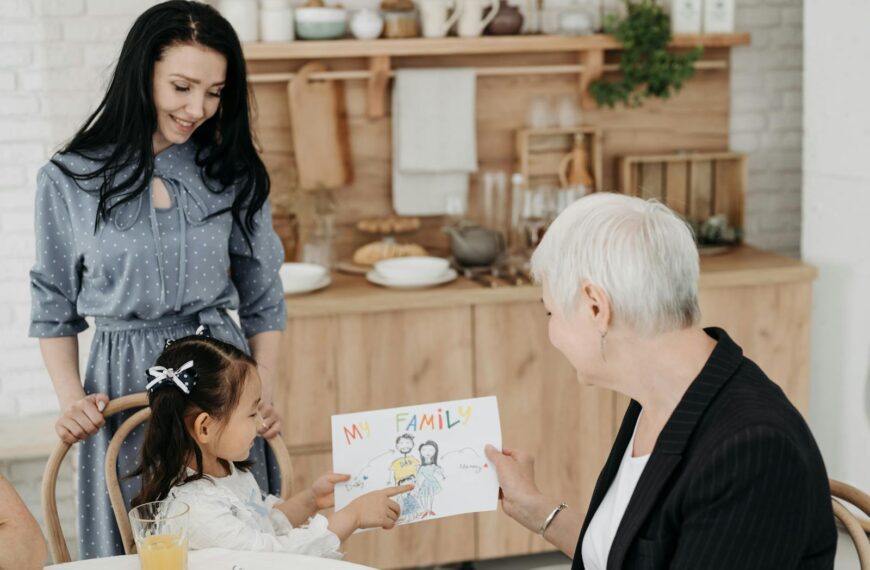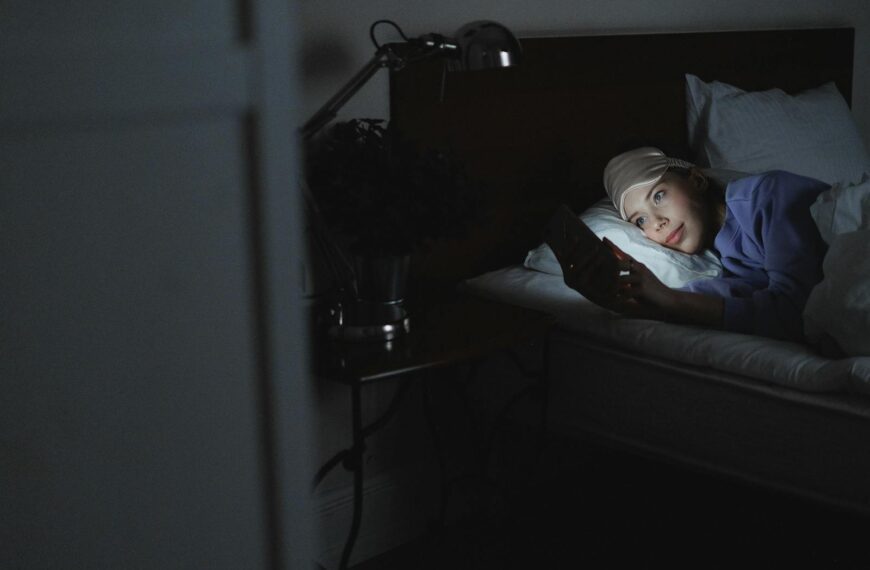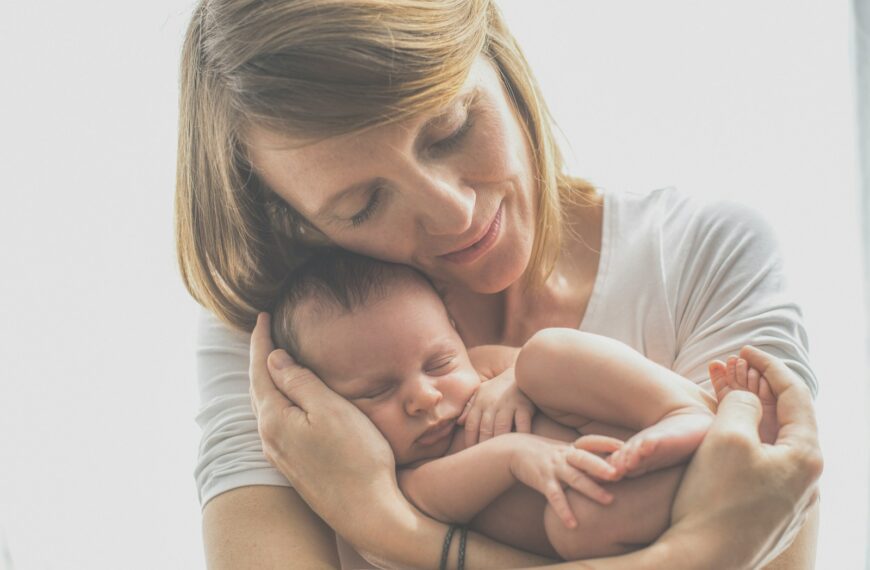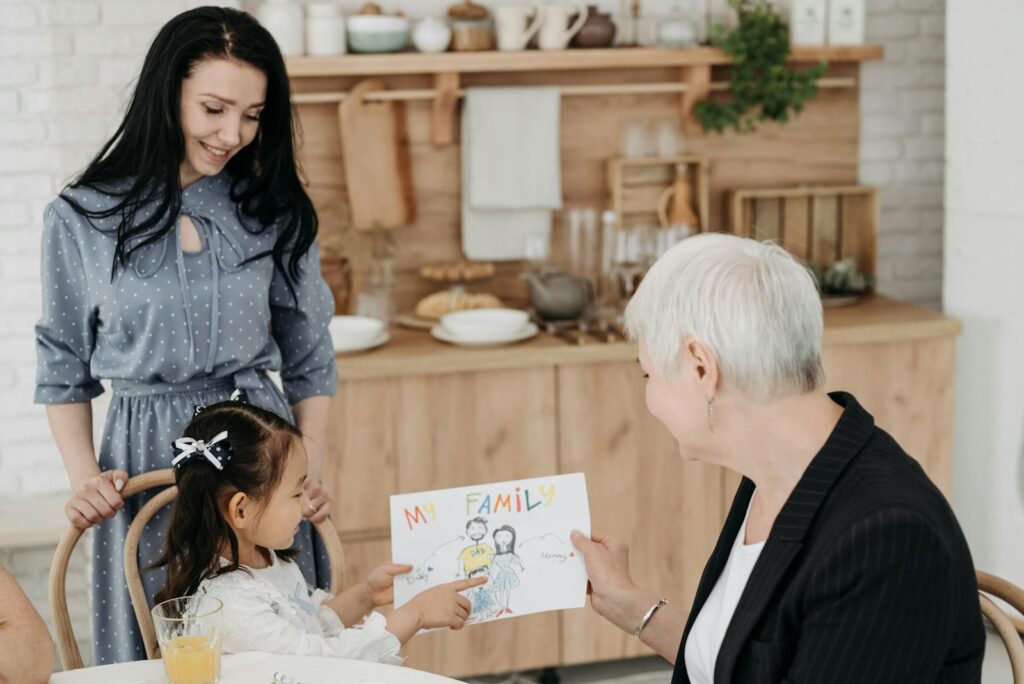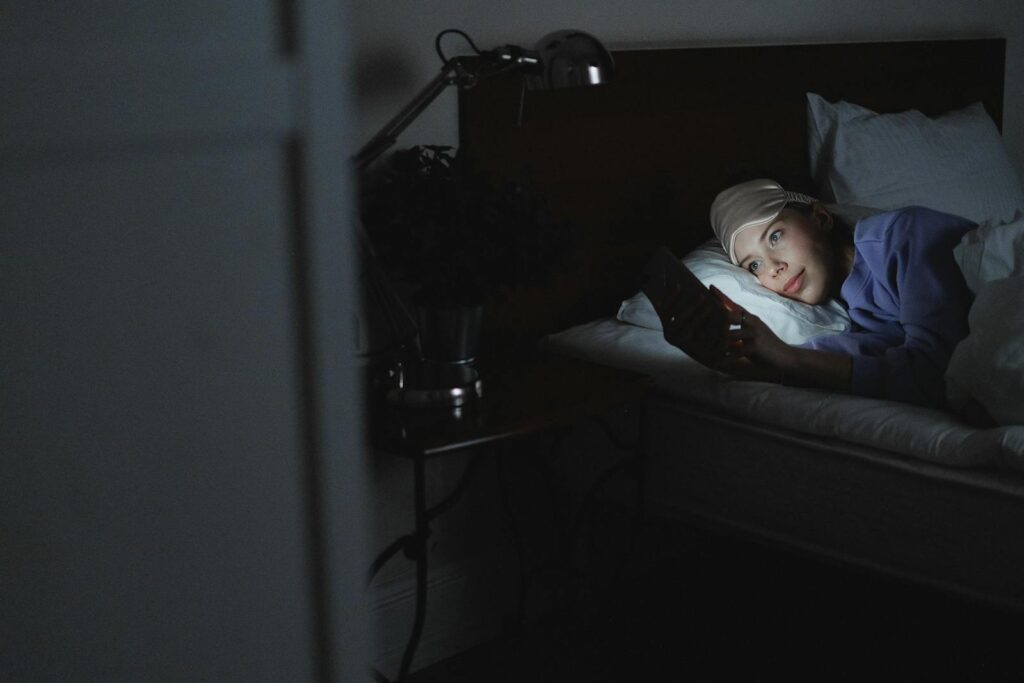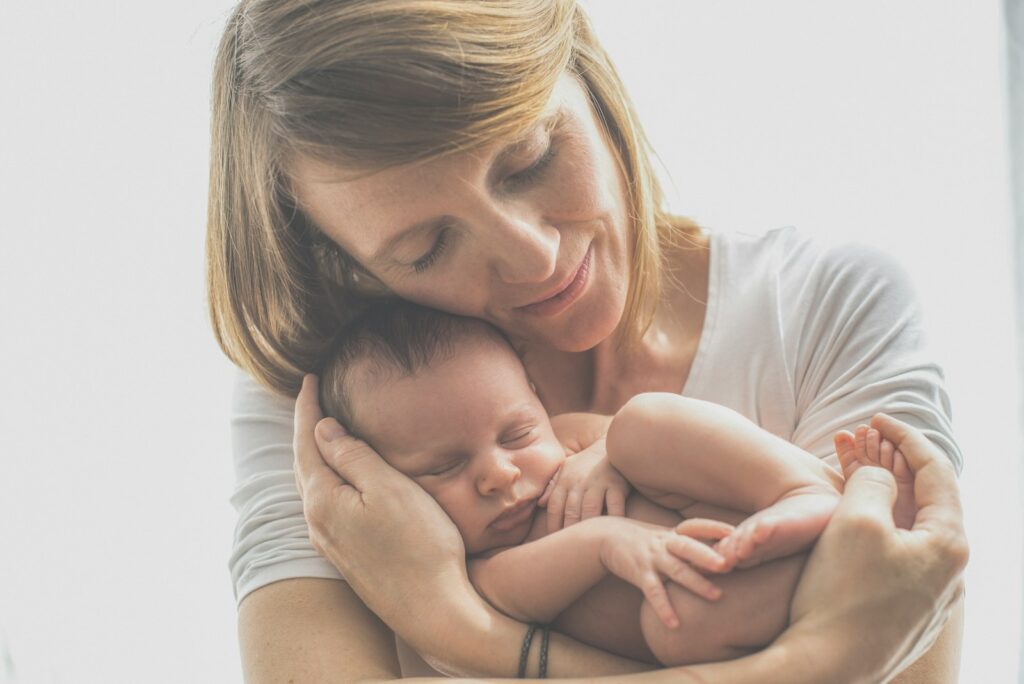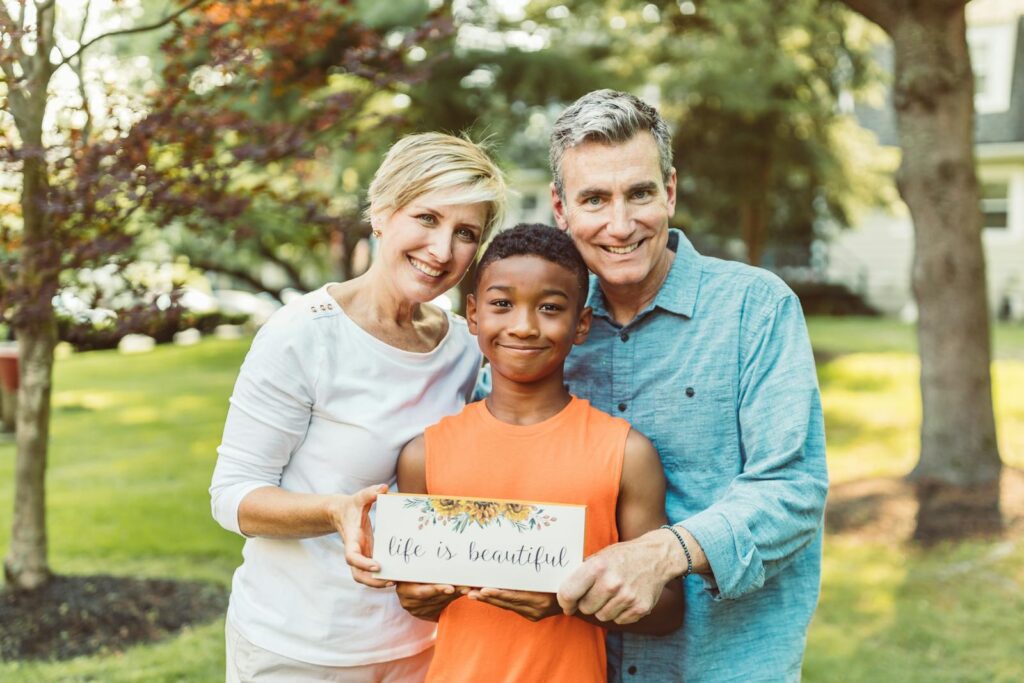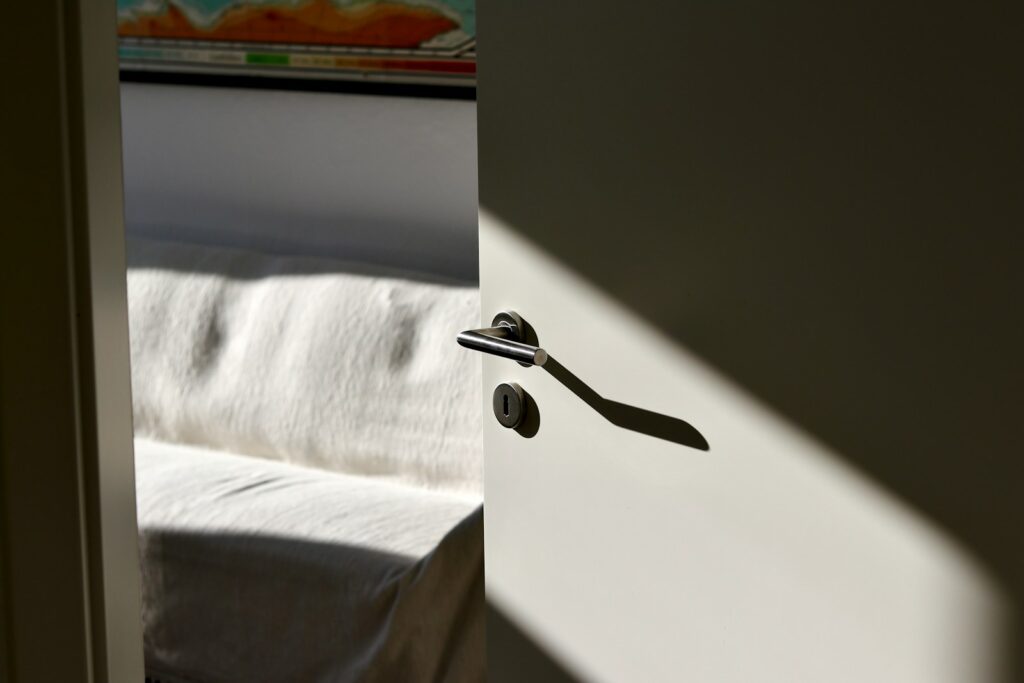When I started decluttering my home, I quickly realized that some shortcuts I tried didn’t make things easier—they actually caused more problems. It’s tempting to find quick fixes to save time, but these can sometimes backfire and leave you feeling more overwhelmed than before.
Understanding which decluttering shortcuts might slow you down or create extra work is key to making real progress. Knowing this helped me change my approach and get better results without the added stress.

Rushing through rooms without a plan, causing more mess
I used to think tackling an entire room at once was efficient. But rushing without a clear plan often left me with clutter spread everywhere. It felt like I was just moving mess around instead of reducing it.
Breaking down the space into smaller sections helped a lot. Setting realistic goals for each part made the process less overwhelming and more organized. Making quick, clear decisions like keep, donate, or discard sped things up too.
I learned that slowing down and planning first saved me from creating a bigger mess. It turned decluttering from stressful to manageable. You can find helpful tips to avoid this at this page about decluttering a room.
Decluttering by tossing items impulsively, leading to regret
I’ve learned the hard way that tossing items too quickly during decluttering often leads to regret. When I act on impulse, I end up parting with things I actually needed or held sentimental value.
It’s easy to feel the thrill of clearing space, but that rush can make me miss the importance of certain belongings. Taking a moment to pause helps me avoid those moments of regret later on.
Many experts warn about this too and suggest careful reflection before discarding. You can find more about common decluttering regrets at Apartment Therapy, where experts share their experiences and advice.
Using garbage bags for sorting, which makes items harder to organize
I used to rely on garbage bags when sorting my stuff, thinking it would save time. But it actually made things more confusing because everything got jumbled together without clear categories.
Using bags can turn sorting into another mess to untangle later. It’s harder to see what’s inside, which slows down organizing.
I found that using boxes or separate bins works better. It keeps things visible and easier to handle, so I avoid digging through bags and creating more clutter. This approach helps me stay focused and finish faster.
For helpful tips on this, check out why you should think twice before using bags to declutter your home.
Attempting to declutter multiple rooms at once, spreading chaos
I used to think tackling several rooms at the same time would speed things up. Instead, it often left me overwhelmed and surrounded by piles everywhere. Without focus, it’s easy to lose track of what’s important.
Spreading decluttering too thin can feel chaotic rather than productive. I learned that working on one area at a time helps me make clearer decisions and prevents burnout. It’s better to finish one space before moving to the next for real progress.
If you want to try this approach, pacing yourself is key. Otherwise, the chaos method quickly becomes just… chaos. For more on managing multiple spaces, see tips on how to declutter multiple rooms efficiently.
Ignoring sentimental items without a proper sorting method
When I try to rush through sentimental items without a plan, it usually backfires. These things hold memories, and tossing them aside carelessly can leave me feeling regretful later.
I’ve learned it helps to set aside specific time to sort through these items gently. Without a clear method, I might keep too much or get overwhelmed by emotion.
Taking time to decide what truly matters helps me avoid clutter and guilt at the same time. For more ideas on how to handle this, I found some useful tips on how to declutter sentimental items without guilt.
Letting trash pile up during decluttering, creating overwhelm
I’ve learned that letting trash pile up while decluttering can quickly make the task feel overwhelming. When I start tossing things but don’t immediately take out the garbage, the clutter just shifts instead of disappearing.
It creates a sense of chaos that slows me down. The mess feels bigger, and I lose motivation.
Taking out trash as I go keeps my space clearer and my mind calmer. It’s a small step that saves me from feeling stuck and helps me see progress more clearly.
For tips on managing overwhelm during decluttering, this step-by-step guide is helpful.
Skipping a dedicated storage system after decluttering
One mistake I’ve seen myself make is skipping a proper storage system after decluttering. It feels tempting to just toss things back anywhere since the clutter is gone.
But without a specific place for what remains, it’s easy for mess to sneak back in quickly. I learned that creating a storage plan tailored to my habits keeps things tidy longer.
Simple solutions like bins, shelves, or drawer organizers help me stay consistent. Having a system that works for my lifestyle turns decluttering into lasting order. This approach is key to preventing clutter from creeping back.
More on reorganizing after decluttering can be found here.
Trying to do hour-long sessions instead of short, focused bursts
I used to think that spending an hour straight decluttering was the best way to finish fast. But I found that long sessions quickly wore me out and made me less focused.
Short, focused bursts work better because they keep me energized and motivated. Breaking my decluttering into smaller chunks helps me avoid burnout and actually get more done.
Research also supports this approach. Studies on learning and productivity show that short sessions improve concentration and retention, while long, continuous efforts can lead to cognitive overload. Trying to power through a long session often backfired for me, leaving me tired and frustrated instead of productive.
You can read more about the benefits of short, focused bursts in decluttering and learning here.


